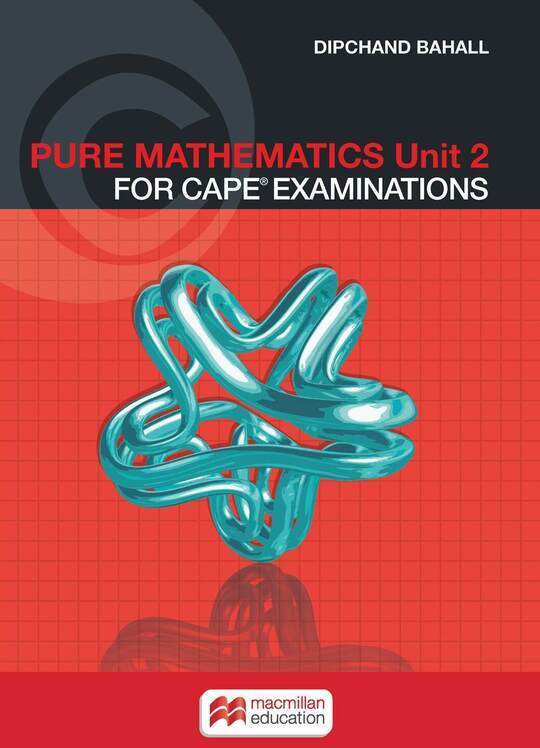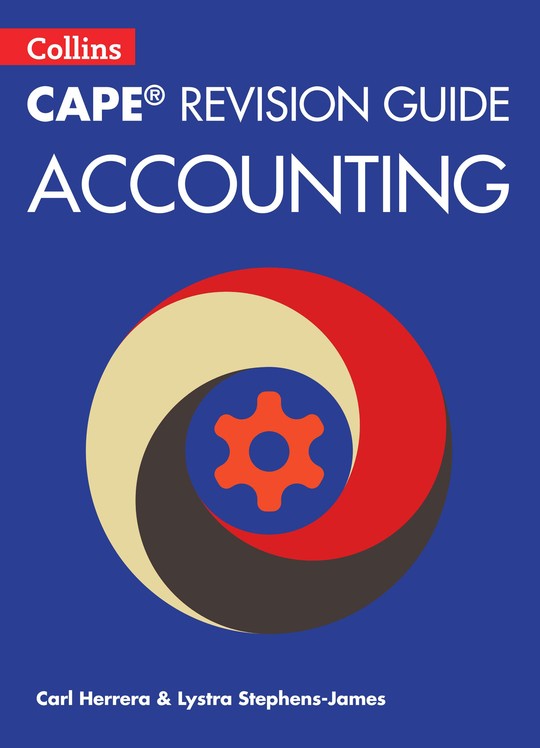
Communication Studies for CAPE® Examinations
US$ 34.32
The publisher has enabled DRM protection, which means that you need to use the BookFusion iOS, Android or Web app to read this eBook. This eBook cannot be used outside of the BookFusion platform.
Description
Contents
Reviews
Language
English
ISBN
9780230486997
Cover
Title Page
Copyright
Contents
Preface
Unit 1 Describing Communication
Chapter 1 The Communication Process
Introduction
1.1 What is communication?
1.2 Elements of the communication process
1.3 How the process works
• Encoding
• Selecting medium/channel
• Decoding and interpretation
• Feedback
• Communication barriers and facilitators
Conclusion
Evaluation and extension
Chapter 2 Forms of Communication
Introduction
2.1 Verbal communication
2.2 Non-verbal communication
• Body language
• Proxemics
• Kinesics
• Chronemics
• Dress
• Graphics and symbols
• Paralanguage
Conclusion
Evaluation and extension
Chapter 3 Contexts of Communication
Introduction
3.1 Intrapersonal context
3.2 Interpersonal context
3.3 Small group context
• The discussion board
3.4 Organisational context
3.5 Academic context
3.6 Intercultural context
Conclusion
Evaluation and extension
End of unit test 1
Unit 2 Understanding Communication in Society
Chapter 4 Defining Language
Introduction
4.1 Characteristics of language
4.2 Purposes of language
• Expressive purposes
• Informative purposes
• Cognitive purposes
• Poetic purposes
• Phatic purposes
• Metalinguistic purposes
4.3 Language variation
• Syntax
• Vocabulary
4.4 Creole
• Some characteristics of Caribbean Creole
Conclusion
Evaluation and extension
Chapter 5 Language in Society
Introduction
5.1 The modern language situation
5.2 Factors influencing language
• Historical factors
• Social factors
• Cultural factors
• Political factors
5.3 Language situation in the Caribbean
5.4 Attitudes to language
5.5 Choice of language
Conclusion
Evaluation and extension
Chapter 6 Technology, Culture and Communication
Introduction
6.1 Culture and communication
6.2 Technology and communication
6.3 Technology and culture
Conclusion
Evaluation and extension
End of unit test 2
Unit 3 Interpreting Communication
Chapter 7 Comprehending Information
Introduction
7.1 Process of comprehension
• Pre-reading/listening
• During reading/listening
• Post-reading/listening
7.2 Levels of comprehension
• Literal level
• Interpretive level
• Applied level
7.3 Listening
• The listening process
• Purposes of listening
7.4 Reading
7.5 Applying the levels of comprehension
• Responding to argumentative writing
• Responding to persuasive writing
7.6 Understanding word meaning
Conclusion
Evaluation and extension
Chapter 8 Summarising Information
Introduction
8.1 Distinguishing main and subsidiary ideas
8.2 Note-making
• Linear outlines
• Graphic organisers
Conclusion
Evaluation and extension
Chapter 9 Researching Information
Introduction
9.1 Types of research
• Types of primary research
9.2 Data/information
9.3 Instruments
9.4 Population
9.5 Reliability and validity
• Reliability
• Validity
9.6 Evaluating sources
9.7 Acknowledging sources
• Direct quotation
• Paraphrasing
• Précis
• Summary
• Plagiarism
9.8 References and bibliographies
• Citing sources from the Internet
Conclusion
Evaluation and extension
End of unit test 3
Unit 4 Structuring Communication
Chapter 10 Speaking
Introduction
10.1 Basic speech skills
• Articulation
• Enunciation
• Voice control
• Usage
• Word choice
• Audience–speaker rapport
• Dress
10.2 Preparing speeches
10.3 Components of the speech
• Introduction
• The body
• Conclusion
10.4 Types of speech
• Informative
• Persuasive
• Debates
10.5 Delivering your speech
Conclusion
Evaluation and extension
Chapter 11 Writing
Introduction
11.1 The writing process
• Pre-writing
• Drafting
• Revising
• Editing and proofreading
11.2 Types of writing
• Literary writing
• Reflective writing
• Expository writing
• Persuasive/argumentative writing
11.3 Writing with style
• Style problems
11.4 Examination tips
Conclusion
Evaluation and extension
Chapter 12 Organising Skills
Introduction
12.1 Components of academic writing
• The introduction
• The body
• The conclusion
• Linkages
• Internal cohesion
12.2 Formatting business communication
• Memos
• The letter
• The résumé
• The curriculum vitae
• Writing reports
Conclusion
Evaluation and extension
Chapter 13 Applying the Rules
Introduction
13.1 Sentence structure
13.2 Fragments
13.3 Run-on sentences
13.4 Dangling or misplaced modifiers
13.5 Verbs
• Subject/verb agreement
• Tense
• Active and passive voice
13.6 Pronouns
• Pronoun shifts
13.7 Possessives
13.8 Commonly misused words
13.9 Spelling
13.10 Punctuation
Conclusion
Evaluation and extension
End of unit test 4
Practice examination papers
Index
The book hasn't received reviews yet.











